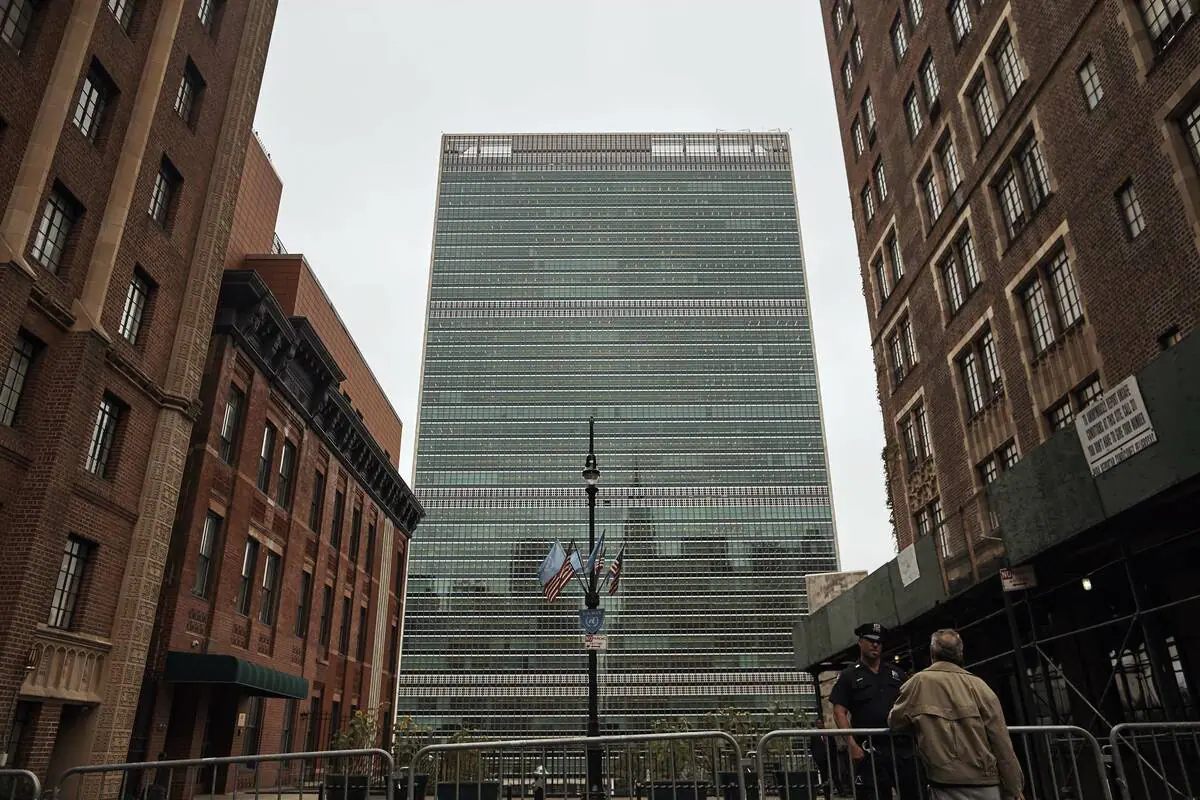On Thursday, Prime Minister Narendra Modi called on international companies to invest in India’s maritime sector, highlighting the country’s advancements in infrastructure, innovation, and regulatory reforms aimed at establishing India as a global leader in maritime operations. His remarks came after addressing the Maritime Leaders Conclave in Mumbai, where he engaged with CEOs and stakeholders from the sector, emphasizing the transformations that have occurred since he took office in 2014. Modi noted that the maritime industry has evolved significantly, now serving as a symbol of modern infrastructure and national pride.
In a detailed LinkedIn post, Modi outlined the measures the Indian government has implemented to foster growth in the maritime arena. These include simplifying laws, enhancing port facilities, and approving a comprehensive ₹70,000 crore package aimed at bolstering various aspects of the maritime sector, particularly shipbuilding. He asserted that India is well-equipped to attract investments, boasting a lengthy coastline, strategic trade routes, world-class ports, and a vision for a Blue Economy.
The Prime Minister highlighted five significant legislative reforms—ranging from the Bills of Lading Bill to the Indian Ports Bill (2025)—that have modernized maritime governance. These changes streamline trade, empower Indian states, and align domestic regulations with global standards. Modi projected that initiatives such as the Shipbuilding Assistance Scheme and Maritime Development Fund would attract investments surpassing ₹4.5 lakh crore, paving the way for the production of over 2,500 vessels.
Statistical improvements were also shared, indicating that India’s port capacity has nearly doubled, from 1,400 to 2,762 million metric tons per annum (MMTPA), and cargo handling surged from 972 to 1,594 million metric tons (MMT) in recent years. The Prime Minister mentioned a noteworthy reduction in vessel turnaround time—from 93 hours to 48 hours—and a ninefold increase in net surplus, which escalated from ₹1,026 crore to ₹9,352 crore.
Moreover, India has positioned itself as a major global player in maritime workforce supply, with the number of Indian seafarers growing from 1.25 lakh to over three lakh, representing 12% of the global workforce. The Prime Minister reported a notable increase in Indian-flagged vessels and fleet gross tonnage, showcasing heightened activity in this sector.
Key infrastructure developments include the establishment of the Vizhinjam Port, India’s first deep-water transshipment hub, and advancements at Kandla Port and JNPT, with the latter attracting record FDI. Modi also introduced the Vadhvan Port project in Palghar, Maharashtra, which is set to become one of the world’s few 20-meter deep-draft ports, featuring seamless connections to significant transport routes like the Delhi-Mumbai Expressway.
Overall, Modi’s address and initiatives signify a robust commitment to transforming India’s maritime industry, enhancing its global standing, and fostering economic growth through strategic investments and infrastructural advancements.
Source link




